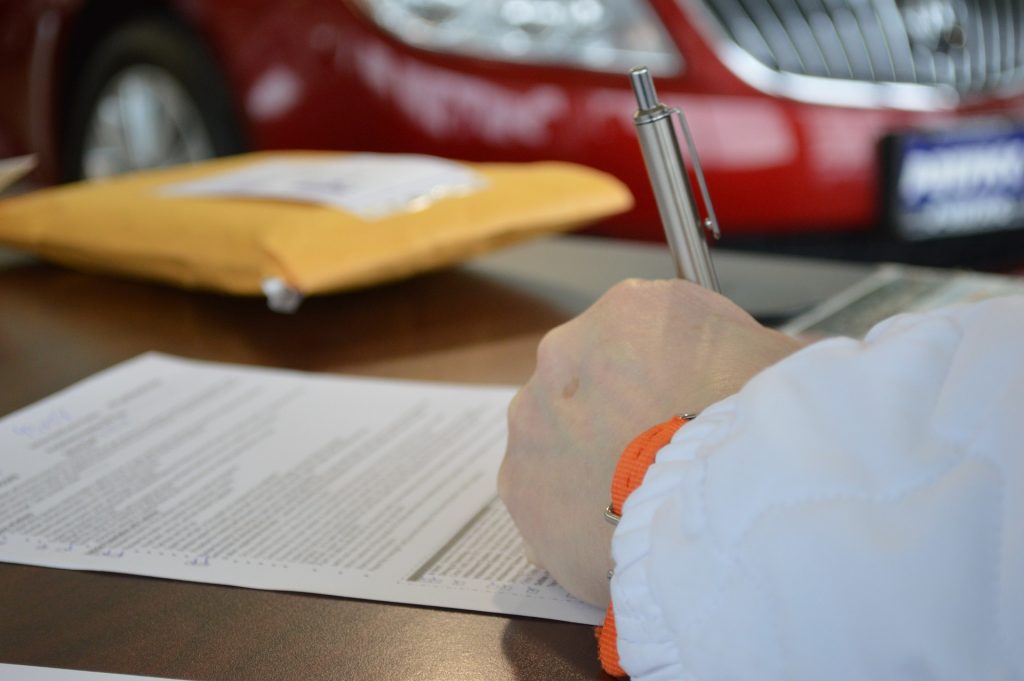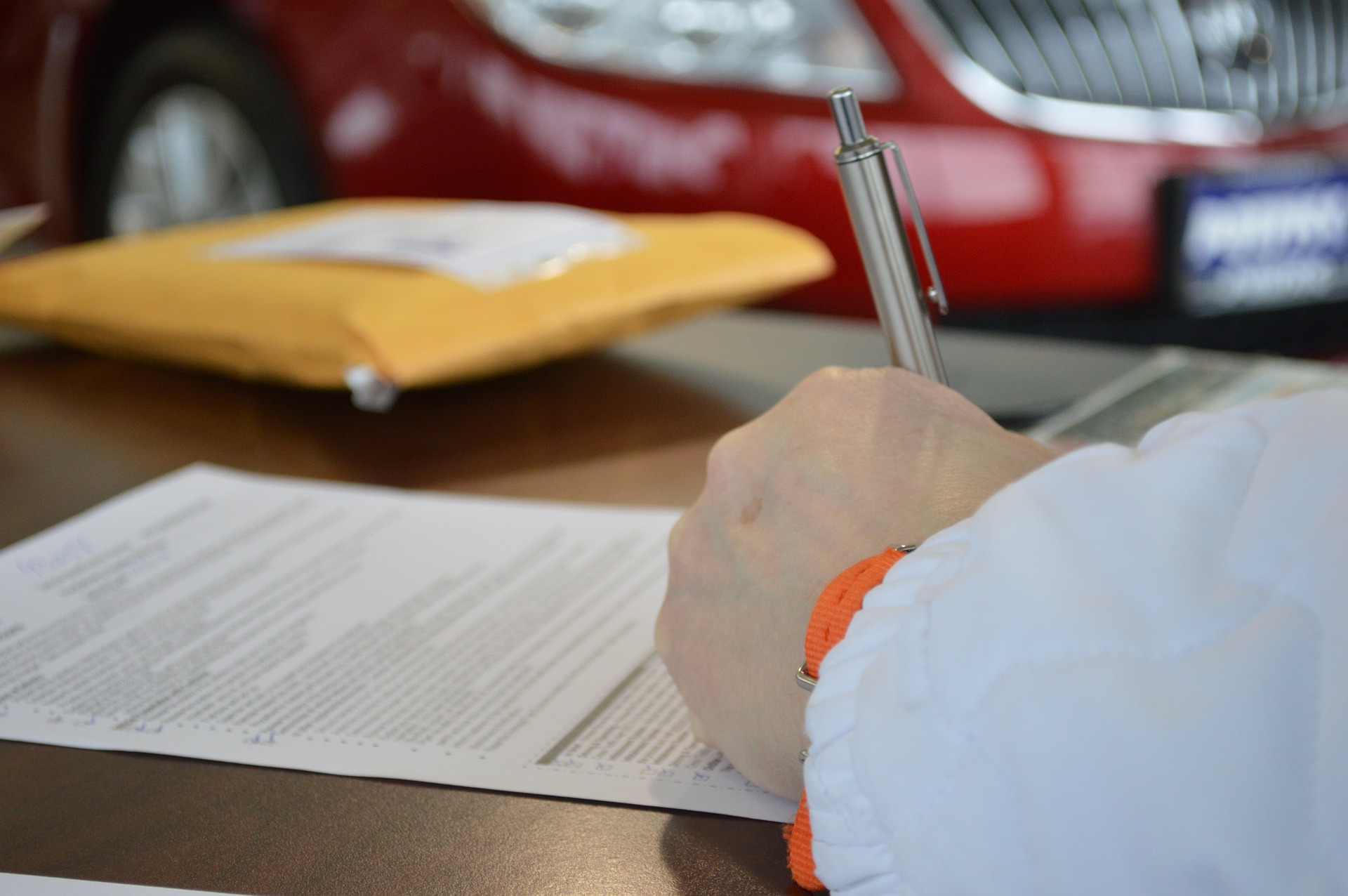How to Get a Pontoon Boat Loan Explained
If you’re not one of those lucky lads whose great-grand-aunt left them a small fortune when she passed away, you might not be able to afford a pontoon boat off the top of your head – or at least aren’t willing to spend all of your life savings on it at once. But when a brand new shiny Suncatcher G3 steals your heart, there’s little you can do to keep yourself to finally get your hands on a brand new ‘toon.
In that case, a boat loan might be the best option for you – I mean you do have to pay quite a bit extra in fees and interest, but when it can help you get your hands on that shiny new boat, it doesn’t seem that bad anymore, does it?
However, getting a boat loan is not exactly the easiest thing in the world. It is much like getting one for a car though, but just in case you have never done that, I’m gonna explain the most important aspects of getting a boat loan right here:
Table of Contents
Estimate the Costs and Prequalify
A brand new, out-of-the-salon pontoon will cost you between $25,000 and $35,000. However, you also have to consider the costs of all the add-ons, accessories, and furniture you want to have on your boat, as that can easily send you back another $5000. After you’ve figured out the general cost, take your estimations to the bank and discuss it with them.

Note that not all banks can offer boat loans. Only those who are members of the National Marine Lenders Association can. If your bank isn’t you can also look into other options, such as credit unions.
What Type of Loan for a Boat?
You need not be an expert in finance to understand how loans work. For boats, there’s basically three types your bank or credit company can offer you:
Collateral loans, in which the boat acts as your collateral. Failure to pay your loan back according to the contract allows the lender to take ownership of the boat. I would recommend going for this type of loan, as it’s usually the least expensive when it comes to
Home equity loans imply that your house is your collateral. In case you can’t honour the contract, the lender can foreclose your
Unsecured loans are another option. The bank doesn’t require a collateral for this type of loan, but the interest is usually much higher. Again, I’m all for being savvy – so I’d choose collateral over unsecured.
Choose Fixed Interest
Taking a loan means you’ll have to pay back a certain interest every month. There are several types of interest the bank can charge you, including fixed and variable rates per month, or a bigger sum of money at the end of the year, also known as ballon payment. If you don’t want to give yourself any more headaches with this, just choose fixes interest rates – at least you won’t be wondering where that extra $250 came from when you choose a variable.
To sum it all up, boat loans are definitely a great opportunity to finally make your dream of owning a pontoon come true. Howeve, much like with any other loan, you need to be very well informed before signing the contract with your bank – and there’s no such thing as too much research when it comes to this.

